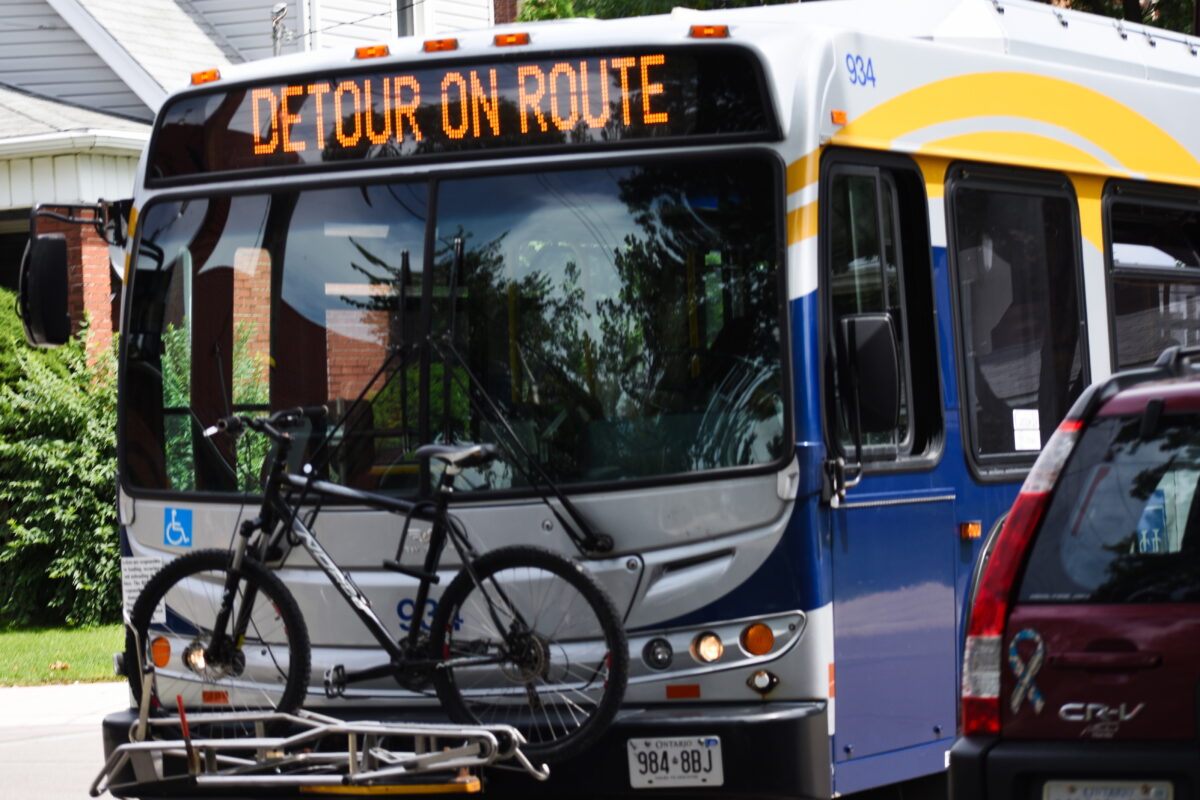How serious is Hamilton City Council about enforcing its mandatory COVID vaccination policy for city employees?
Is Council willing to effectively shut down public transit to enforce the policy? During the Grey Cup no less?
TheSpec reports this morning that only 17% of HSR bus operators have disclosed their COVID vaccination status.
The operators are not going to budge. There are two contingents. One is anti-vaccination, the other is opposed to making the vaccination mandatory.
The union representing HSR operators is filing grievances against the mandatory vaccination policy which they believe violates their collective agreement.
Amalgamated Transit Union 107 president Eric Tuck repeatedly emphasizes that he supports vaccinations and is encouraging all ATU members to get vaccinated against COVID.
He says the ATU will oppose any disciplinary actions against operators who do not disclose their vaccination status.
Bus operators have significant leverage, if the bus operators refuse to work overtime, the HSR will have to cancel bus trips and reduce schedule service.
COVID prevented the HSR from training new operators. As a result, the HSR is understaffed. City Hall no longer proactively discloses HSR staffing levels, therefore we do not know the extent of the operator shortage.
The HSR relies upon operators working overtime to maintain scheduled service. The @HSRnow Twitter account is already reporting daily trip cancellations.
Management has already taken steps to prepare for service cancellations. The 51-University bus route is no longer a regular piece of work for operators, all 51 operators are on the “spare board” allowing the service to be cancelled without triggering union collective agreement seniority rights.
I am connected to a few of the unvaccinated operators on Facebook. Some are vocally expressing opposition to mandatory vaccination for reasons that vary from an assortment of anti-vax conspiratorial misinformation to arguing they had to interact with the public as essential workers during COVID – so why do they need to now be vaccinated.
There were no COVID infections that could be definitively traced to operators contracting the virus while driving.
[In March, Brampton suspended a bus route serving an Amazon warehouse after nine operators on the route tested positive for COVID, one operator died.]
It’s been nearly 23 years since the last major HSR labour disruption. The ATU set up picket lines on November 2, 1998, for what was expected to be a traditional short winter strike. Instead, it turned into a protracted 81-day strike with the union getting few of its demands and a small pay increase.
A column in The Hamilton Spectator after the strike calculated it would take 28 years for HSR operators to recover wages lost during the strike from the modest pay increase they gained.
The memory of this strike is why there have been no significant labour disruptions for two decades. HSR employees have worked with contracts for over a year at times, and strike mandates were only deployed near the end of contract talks to help seal a deal.
HSR strikes were a reality of life in Hamilton during the decades prior to the 98/99 strike.
The 1996 strike lasted six days ending with a two-year deal. Bus service resumed on November 23, 1996. The Grey Cup was played the very next day at Ivor Wynne Stadium.
What will Council do now?

